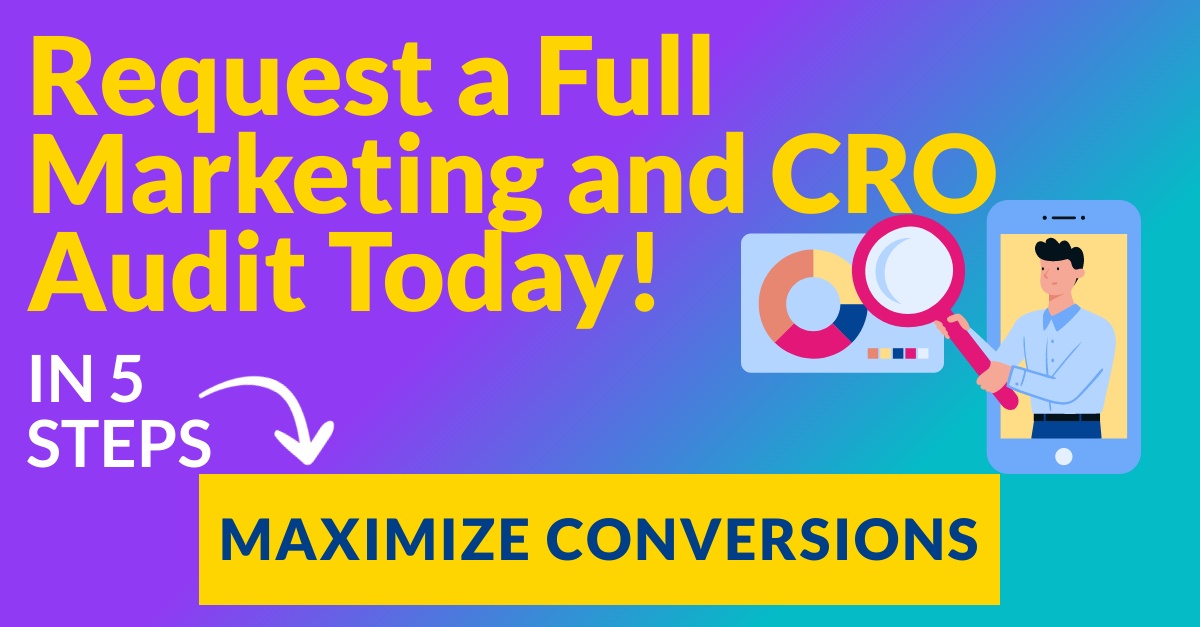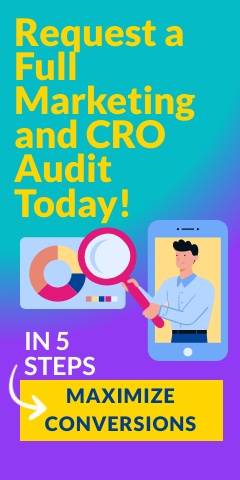Hello everybody. Welcome to Surge. This week we will talk about marketing for eCommerce and technology startups.
Types Of Startups
In our world, there are three types of startups. The first type is everybody’s favorite, it’s a technology company; it’s a unicorn.
Everybody’s looking for unicorns. You invest $100,000 and you get back $5 million.
The second is an eCommerce startup. We love eCommerce startups because we know a lot about eCommerce, and we have had our own ventures over the past 15 years or so.
The third type of startup, which we like but we usually don’t work with, is a local business that’s starting up with bootstrapping and not raising any capital. It could be that you’re opening a local mom and pop shop, or you could be going after a maybe a lead generation business. Or you could be an attorney, or you could be a lawyer or a doctor, or plastic surgeon.
We’re going to talk mostly about the first two, we get a lot of requests from startups but we don’t do business with all of them, however.
Strategizing Marketing Campaigns
Why don’t we do more work for startups?
Typically it’s because they don’t have the budget. They’re trying to bootstrap it, or seek outside investment, and when they come to us they’re not there yet. If we do work with a startup, they’re probably already into Series B, round two of funding. We don’t get involved in the early stages.
It’s hard for us to build a strategy for a technology startup, because most of the time, they don’t have the budget. They lack the means to hire a company like Optimum7 to do consulting or to actually execute a specific strategy.
We’ve done consulting before, however, and have actually shown them the right path into building strategies before. But we worked with a few startups, and those tend to be eCommerce.
When we talk about eCommerce startups, there are a couple of different ways you could begin. Number one is you have great relationships with suppliers or building them. Number two is you might be in the process of coming up with a product or manufacturing one.
Three is if you find the right type of suppliers where you could actually have a drop-ship agreement, or a drop-ship relationship, which is extremely tough. Four is somebody who has been doing this on the side, and now they started getting serious about actually doing eCommerce.
With the coronavirus right now, take care if you’re manufacturing anything in China. Even if you manufacture elsewhere, all the raw materials come from China. Several of our clients have their orders delayed due to ships from the mainland being quarantined. This stalls the business cycle and leads to concerned customer inquiries.
Digital Marketing for eCommerce Startups
Why do we prefer to work with eCommerce startups?
One of the reasons why is because it’s very straightforward and easy for us to build a strategy and to track performance. We look for the following aspects of a potential client.
Number one, you have a steady supply of a product. If you don’t have the product, or if you’re taking pre-orders, or if you have any issues with the shipment, you’re going to get negative reviews, and that’s the last thing you want to do as an eCommerce business.
Number two, we look at your operations. We actually look at who’s going to fulfill orders, who’s going to take customer calls. We see if you are scalable or not.
If we go ahead and execute a strategy, and we get you a ton of orders, we want to make sure that not only from an inventory standpoint you have the means but how many orders can you actually ship from your warehouse. Or if you’re working with a third-party logistics system or company, how many orders can they actually ship on a daily basis?
Number three, we look at your platform. Are you on Volusion, BigCommerce, Shopify? I mean, if you’re on Magento and you’re trying to drop ship and you need a bunch of integrations, it’s going to cost you $20,000-40,000 to build those integrations so that you can have the order flow between Magento and possibly a third-party inventory management system.
Number four, we look at your accounting software. How do you batch these items? Do you use QuickBooks or another service?
Number five, we look at your compliance issues. If you are sending or shipping a bunch of products to California, you’ve got to look at Prop 65 and at GDPR. If you are shipping firearms, you can only ship certain types of firearms to certain states. If you’re trying to ship alcohol, you’re going to need permission from every single state, and you need to check shipping limitations.
There are so many details and concentrations. We try to guide eCommerce startups in this manner.
The other one that I would say that is really hot right now is still, subscription boxes. If you have any kind of a subscription box or reoccurring product, we love those kinds of eCommerce startups.
Why do we love startups like that?
When you have a recurring product, you have recurring revenue. Magazines were one example of this before the Internet revolution, and you can do more than deliver slips of paper.
Everything discussed right now is the technical aspect of starting up an eCommerce business. You haven’t even gotten to the marketing aspect yet. You haven’t even gotten to branding.
Are you delivering or offering a unique product, or is that product already out there? That’s going to determine your strategy, and how difficult it’s going to be for you to penetrate the market. Always ask these questions.
Without going through those first five steps, forget about marketing. You can lead as many people as you want, but if you don’t have the infrastructure built, it’s not going to stand.
Marketing Strategies For Technology Startups
We love eCommerce startups, but we also work with technology startups. If you have an app or software, we look at similar offerings from competitors.
It’s not so much recurring, but we look at the lifetime value of a customer, and your churn rate. If you don’t have those calculations, we won’t take you on an on as a client. The most we will do is customized branding.
Let’s say if you’re a SAAS solution. You better charge a hundred or $200 a month for your software, and then you need to have a B to B or an enterprise element where you can do some large projects. The industry right now is very competitive, and you’re going to need those big projects.
Alternatively, consider if your company specializes in app development. You might have a platform where you provide app development for 50 bucks a month and it’s DIY. You still need a department that actually builds apps for enterprise companies on your own platform where you charge between twenty and fifty thousand dollars per project.
Cashflow is incredibly important when it comes to startups, especially technology startups. We tend to only work with technology startups who have their monetization in order.
Customer service, onboarding, and your academy are also important. If users pay for a platform on a monthly basis, and they get in and all of a sudden they see an interface, and they don’t exactly know how to use it, you’re going to lose that customer.
You need to make sure that the onboarding runs smoothly and that you have an academy built where they can answer any FAQs. Customer support, phone support, and live chat are all the crucial elements to maintain that lifetime value.
For example, one solution we love is Intercom. If you’re not running something like Intercom to actually nurture those free trials that are going to go become paid customers, your churn rate is going to be very high. It doesn’t matter what kind of a cost per acquisition CPA I get for you on a signup basis. You’re not going to be profitable.
Increasing Conversion Rates
We see a lot of smaller SAAS companies that go after trying to build customers right away. Nobody knows you. The average user needs 26 brand touchpoints.
If you just go ahead and say, “Hey, it’s $99 a month, pay me and use my system,” nobody’s going to use. You better have a free trial or free version. A bunch of people sign up, love their software, and switch to a paid method.
Keywords Everywhere is a great example of this, and we still use them and we love them. We’re happy to pay for it, but we use it free for years. So this is another strategy. All we’re saying is, “don’t try to make technology perfect to go live with your SAAS product or with your software product.”
We do plenty of work with Product Hunt. You better get your solution on Product Hunt and get eyeballs. But the most important thing is to get that monetization. Even if you don’t have it today, have a plan to know how to earn that money.
If you have any questions, let us know. We’ll talk to you next week.
Need a Marketing Strategy that will help your startup thrive?




